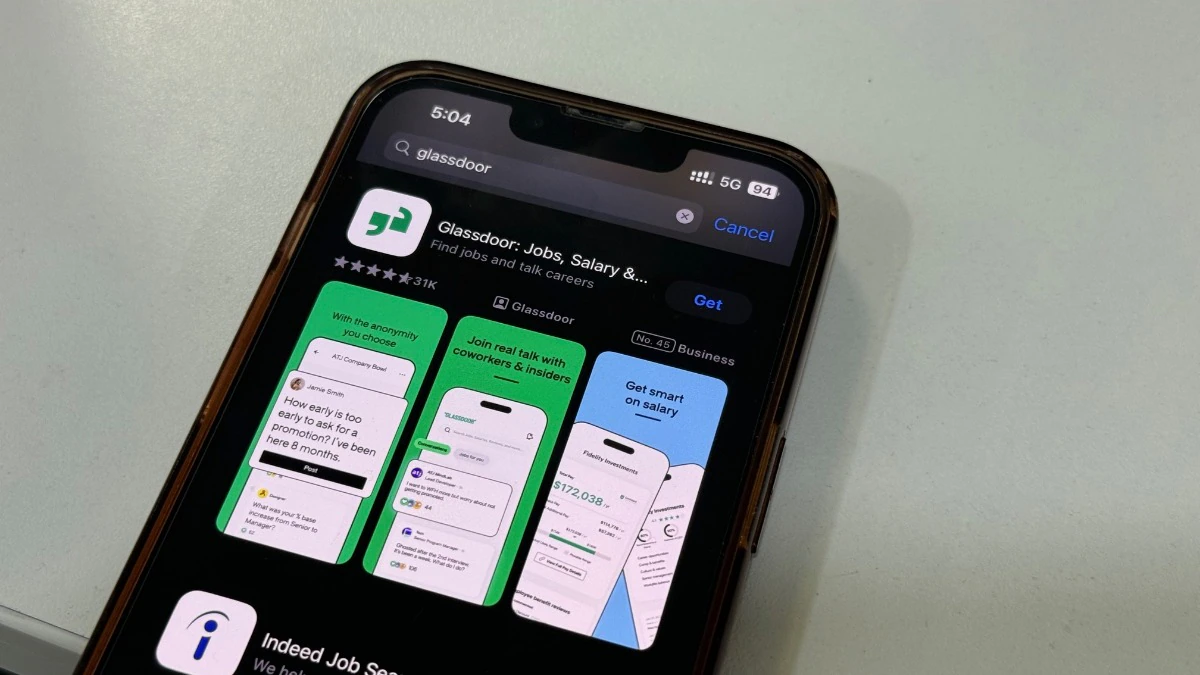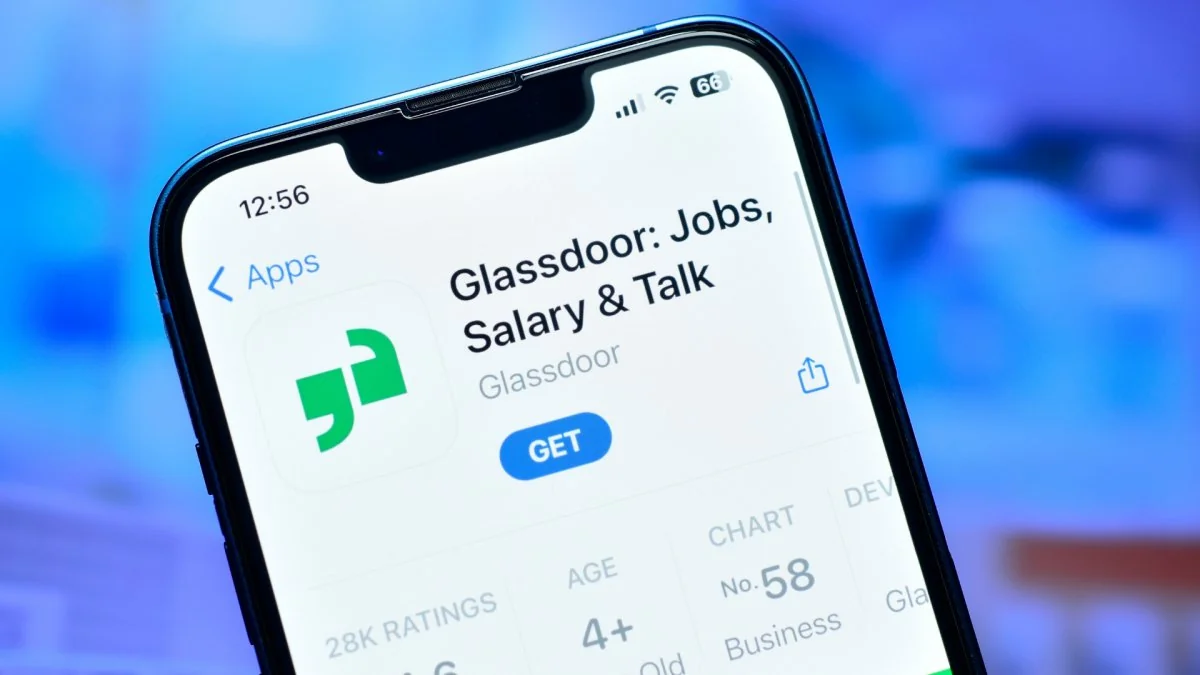In a move that has left many of its users dumbfounded, Glassdoor, the once go-to platform for anonymously sharing and discovering employer reviews, has begun appending real names to user profiles, startlingly without their consent. This policy shift, reportedly aimed at enhancing accountability and transparency, has sparked a significant uproar among the platform’s community, particularly from those who cherished its anonymity.
The incident involving Monica, a Midwest-based software professional, has thrown a glaring spotlight on the contentious update and its implications.

The Disconcerting Discovery by Monica
Monica’s experience with Glassdoor’s new policy serves as a chilling reminder of the fragility of online anonymity. Having been a part of the Glassdoor community for a decade, she valued the platform for the anonymity it provided, allowing her to freely share and consume insights about potential employers.
However, her sense of security was shattered when she sought to remove certain information from her account, only to find that Glassdoor support had added her real name to her profile without her permission. This revelation came as a shock to Monica, who had always been cautious about her online privacy.
“I do not consent,” was her firm response to the company’s attempt to reassure her that her anonymity would still be protected despite the addition of her real name to her profile. The stark reality that her only recourse was to delete her account—or rather, deactivate it, as Glassdoor would still retain her name—highlighted a disturbing oversight in the company’s privacy practices.

A Shift in Policy with Broader Implications
Glassdoor’s policy shift traces back to its acquisition of Fishbowl, a professional networking app, in 2021. The integration of Fishbowl into Glassdoor’s ecosystem necessitated a change in the latter’s terms of service, requiring all users to verify their identities.
This change, while seemingly benign in the pursuit of a more interconnected professional community, has raised significant concerns about user privacy and the potential for employer retaliation. Aaron Mackey, a lawyer for the Electronic Frontier Foundation (EFF), pointed out the critical role Glassdoor played in allowing employees to share their workplace experiences without fear of backlash.
The new policy, by linking users to their reviews through real names, significantly undermines this anonymity. The EFF, which has a history of defending Glassdoor users from employer retaliation, views this development with apprehension, concerned about the potential for users’ reviews to be linked back to them, especially in the event of a data breach.
Using Glassdoor, the site famous for candid employee reviews that break through corporate facades, is less anonymous than it used to be. A policy shift requiring users to privately verify their real names is raising privacy concerns. https://t.co/jQY7WgwqZA
— WIRED (@WIRED) March 20, 2024
Glassdoor’s Stance and User Backlash
Despite the backlash, Glassdoor’s communication to affected users like Monica insists that their anonymity will remain intact, a claim met with skepticism and outright rejection by the community. The company’s reassurances do little to mitigate the fears of those who see this policy as a direct contradiction to the platform’s foundational promise of anonymous, candid employer reviews.
Monica’s decision to pursue a data erasure request, despite being told it could take up to 30 days, underscores the desperation of users feeling betrayed by a platform they once trusted. Her blog post warning others of Glassdoor’s policy change has resonated with many, sparking a broader conversation about the balance between transparency and privacy in the digital age.

Looking Ahead: Privacy, Trust, and Transparency
The controversy surrounding Glassdoor’s new policy raises critical questions about the future of workplace review platforms and the delicate balance they must maintain between fostering open communication and protecting user privacy. As digital platforms increasingly integrate and share user data, the need for clear, consent-based privacy policies has never been more acute.
For Glassdoor, the challenge lies in regaining the trust of its user base while navigating the complex interplay of transparency and anonymity. Whether the company can reconcile its goals with the expectations of its users remains to be seen.
Meanwhile, Monica’s ordeal serves as a cautionary tale for digital citizens everywhere, reminding us of the importance of vigilance and consent in the stewardship of our online identities.









